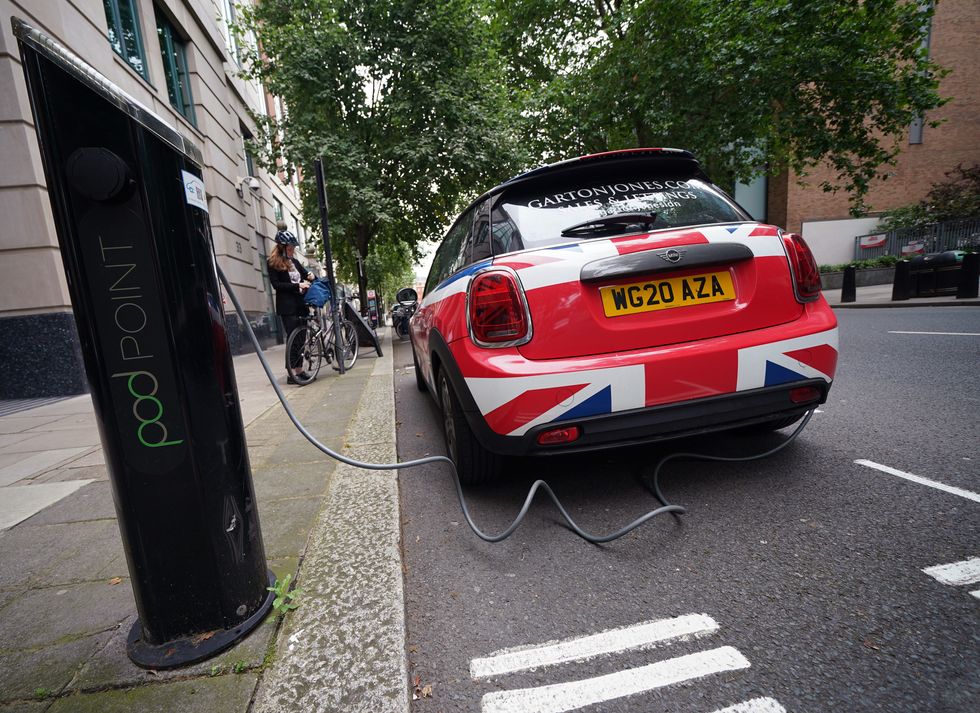Drivers to see major car insurance changes on huge ‘scale’ get rolled out as Labour takes action
UK drivers are set to benefit from several regulatory changes coming into effect this year with car insurance costs expected to decrease.
It comes after HMRC promised to review the personal injury discount rate for car insurance in England and Wales which could lead to savings of around £50 per year for policyholders.
The changes form part of wider updates affecting UK drivers, including new Advisory Fuel Rates for company car users and adjustments to electric vehicle regulations.
These modifications occur as the country adapts to new leadership under Labour bringing shifts across multiple aspects of motoring policy.
Do you have a story you’d like to share? Get in touch by emailing motoring@gbnews.uk

Mohammad Khan, head of general insurance at PwC UK, suggested the discount rate adjustment will enhance competition within the car insurance market.
“As for the insurance companies, they had expected a change of this scale and will already be pricing it into their pricing,” Khan explained.
The review marks a significant shift in how insurers calculate compensation for personal injury claims.
This adjustment comes as part of broader reforms aimed at making car insurance more affordable across the UK.
Insurers have reportedly been anticipating these changes, with many already incorporating the new rates into their pricing strategies.
The move is expected to benefit millions of drivers across England and Wales, making it one of the most substantial insurance reforms of 2025.
HMRC also announced updated Advisory Fuel Rates for the first quarter of 2025, reducing reimbursement rates by 1p per mile across petrol and diesel vehicles.
Diesel car drivers with engines under 1,600cc will now receive 11p per mile for business-related travel in company cars. Those operating petrol vehicles over 2,000cc will be entitled to a higher rate of 23p per mile.
Electric vehicle drivers will continue to receive 7p per mile, matching the rate set for liquid petroleum gas vehicles.
These new rates reflect the Government’s latest assessment of appropriate reimbursement levels for business travel using company vehicles.
The adjustments will affect how employees are compensated for their business-related journeys throughout the first three months of 2025.
Meanwhile the Government is proceeding with changes to the Zero-Emission Vehicle Mandate, aiming to provide additional support for the automotive industry.
LATEST DEVELOPMENTS:
- New parking charges to have massive impact on drivers near popular football stadium on game day
- Electric car with solar panels has 400-mile battery range as 50,000 reserve the ‘future of transport’
- Drivers face £100 penalty charges for breaking new traffic rules which ‘puts lives at risk’

This comes in the wake of job cuts by major manufacturers including Ford and Stellantis in the UK. While the 2030 ban on new petrol and diesel cars will remain in place, the Government is considering adjustments to current manufacturer quotas.
The existing system, which could impose fines of up to £1.8 billion on car manufacturers in 2024, may be replaced with a deficit system. These modifications are designed to better support the automotive sector while maintaining the UK’s commitment to zero-emission vehicles.

